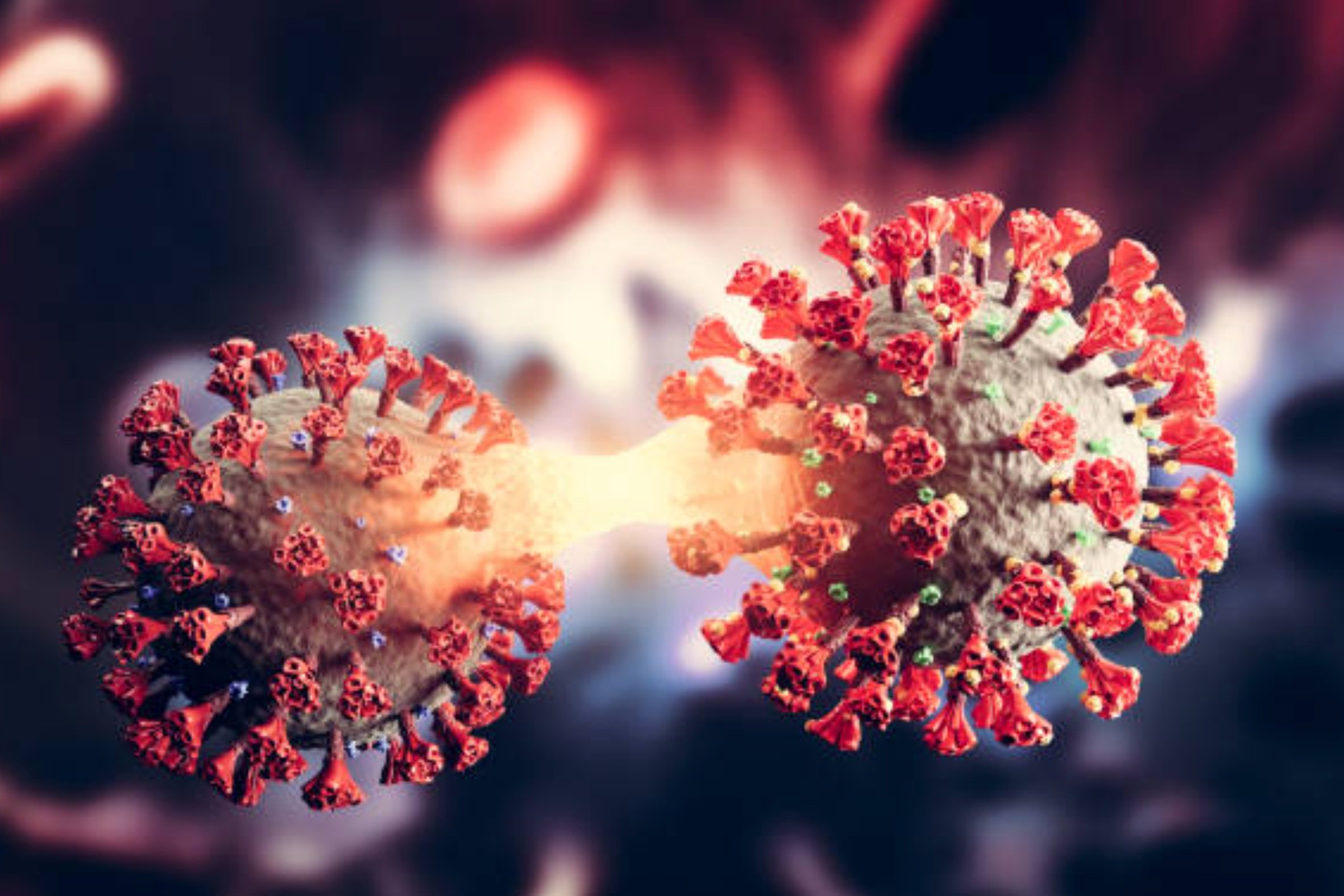Resources
Early childhood education and care quality and associations with child outcomes: A meta-analysis
The effectiveness of early childhood education and care (ECEC) programs for children’s development in various domains is well documented. Adding to existing meta-analyses on associations between the quality of ECEC services and children’s developmental outcomes, the present meta-analysis synthesizes the global literature on structural characteristics and indicators of process quality to test direct and moderated effects of ECEC quality on children’s outcomes across a range of domains.
Adrenocortical and psychosocial responses of families in Jordan to the COVID-19 pandemic
This study of 52 predominantly lower income Jordanian and Syrian families with young children (31 girls; Mage = 53.37 months, SD = 3.53) in Jordan began in 2019, before the pandemic. Families were followed to explore stress physiology, family functioning, and mental health over the first 9 months of the pandemic. Mothers reported less adaptive coping and more negative changes to family life in June 2020 when their children had poorer behavioral self-regulation and more behavior problems, and when families had lower income, in 2019. More negative changes to family life predicted greater hair cortisol concentrations in children in June 2020, and more negative changes and less adaptive coping predicted worse child and mother psychosocial adjustment in December 2020.
Advancing the Sustainable Development Goal for Education Through Developmentally Informed Approaches to Measurement
While the past decade has seen increased global efforts to develop reliable and valid measures of developmental phenomena for use in diverse populations within and across countries, the UN Sustainable Development Goals (SDG), and in particular the education goal (SDG4) have revealed a dearth of meaningful and valid measures and indicators to monitor countries’ progress toward achieving the 10 SDG4 targets. Developmental science can a) inform the choice of outcomes, processes, and mechanisms that yield the greatest promise in advancing countries ability to formulate solutions; and b) provide guidance on how to measure educational phenomena to ensure maximum policy relevance. Moving forward, developmental science will need to provide rigorous evidence on measures that incorporate the principles of bioecological frameworks on human development and learning to capture the complexity of the multi-level, multi-dimensional, dynamic processes of development and learning that are relevant to achieving SDG4. The chapter concludes with specific recommendations for how developmental scientists can ensure that their research is directly relevant to and can best support the SDG process.





